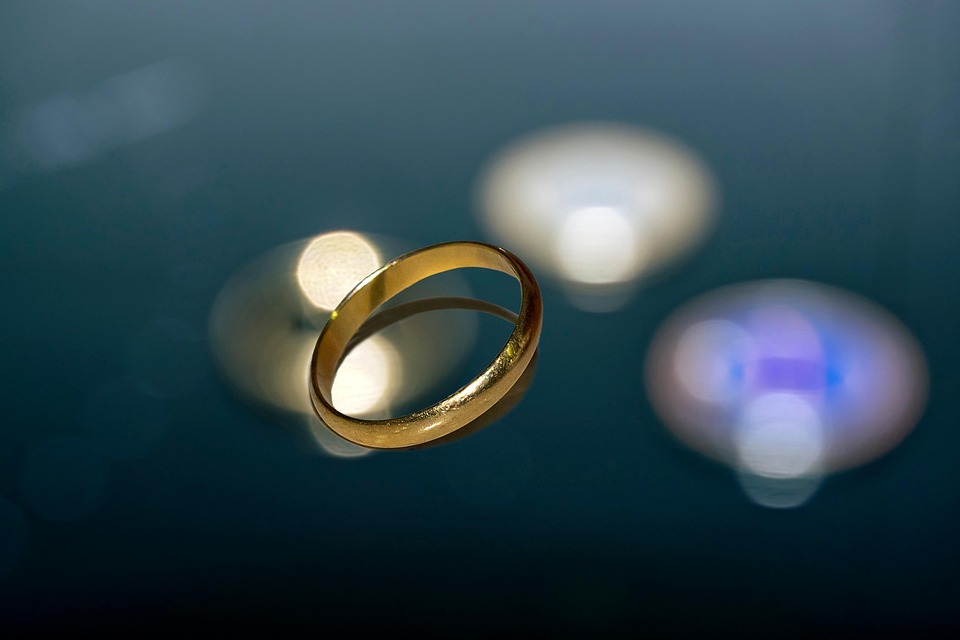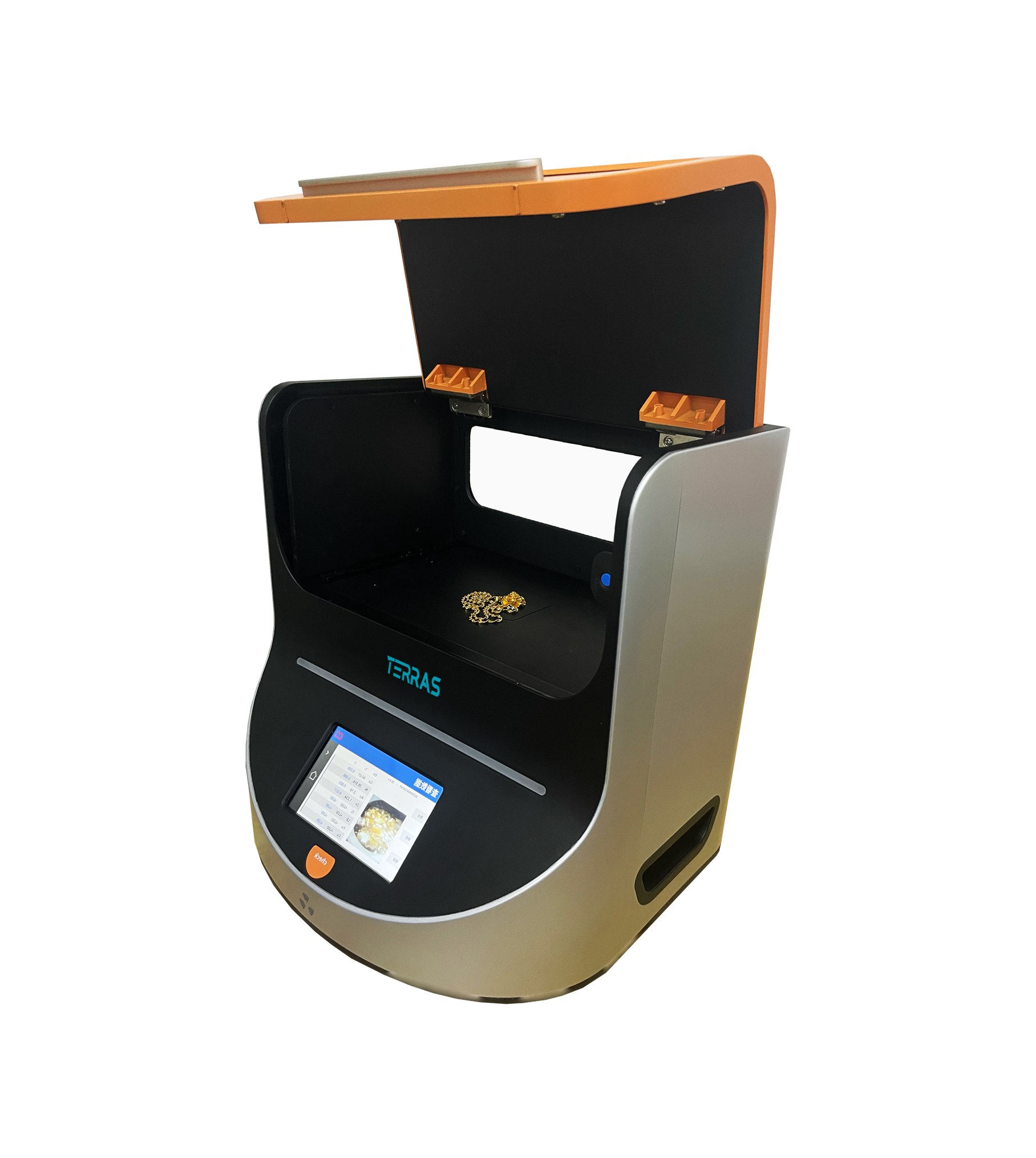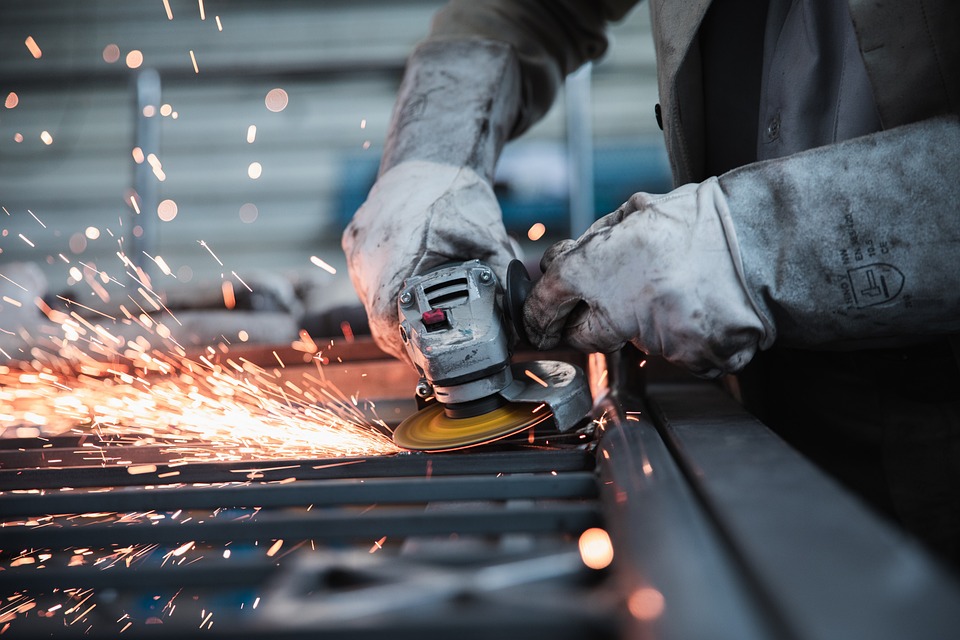
Gold and Jewelry
A high-tech enterprise focusing on the development and application of X-ray technology products, committed to becoming a leading supplier of X-ray industrial testing solutions.
Gold Purity Testing Machine Price: What Factors Influence the Cost?
Gold is a precious metal that has been used as a store of value and a symbol of wealth for centuries. Whether in the form of jewelry, coins, or bars, gold's purity is a key determinant of its value. This is where gold purity testing machines come into play. These machines provide accurate assessments of gold purity, which is essential for various industries, including jewelry manufacturing, refining, and trading. However, the price of a gold purity testing machine can vary widely, depending on several factors. In this article, we’ll explore the key elements that influence the cost of gold purity testing machines.
1. Type of Testing Technology
Gold purity testing machines use various technologies to measure purity, and the type of technology used directly impacts the price.

X-Ray Fluorescence (XRF) Machines: XRF is one of the most popular methods used in gold purity testing. It is non-destructive, accurate, and fast. However, XRF machines are typically more expensive due to their advanced technology and high precision. Prices for these machines can range from a few thousand to tens of thousands of dollars.
Electronic Gold Testers: These devices are simpler and more affordable than XRF machines. They work by measuring the resistance of the material and estimating its purity based on electrical conductivity. Electronic testers are suitable for individual jewelers and smaller businesses, with prices usually ranging from $100 to $1,500.
Fire Assay Kits: Although not a machine per se, fire assay is another method used for gold purity testing. It is a highly accurate but labor-intensive process. Businesses that opt for this method may need specialized equipment, and the associated costs can be significant, though the price of fire assay kits and setup tends to be lower than XRF machines.
2. Brand and Manufacturer
The brand and manufacturer of the gold purity testing machine can have a big impact on the price. Established brands with a reputation for quality and reliability typically offer machines that are more expensive. These machines may come with additional features, warranties, and customer support services. Well-known manufacturers of gold testing machines include companies like Niton, Thermo Fisher, and Fisher Scientific. As a rule, machines from top-tier brands will command a premium price due to the advanced features and durability they offer.
3. Accuracy and Precision
One of the most important factors influencing the price of gold purity testing machines is their accuracy and precision. Machines that offer high accuracy, down to decimal points, are more expensive. The price often increases with the range of metals that can be accurately tested, as well as the consistency of the readings over time. For instance, high-end machines used by professionals in gold refining and trading will offer precision in the range of 0.01%, while consumer-grade machines might offer readings in broader ranges.
4. Additional Features
Some gold purity testing machines come equipped with extra features, which can increase their cost:
Multiple Metal Testing: While some machines are designed solely for testing gold, others can test various metals, such as silver, platinum, and palladium. Machines with this capability tend to be more expensive as they offer greater versatility.
Portable Models: Portable gold testing machines, which can be used in the field or on-the-go, are often more expensive due to their convenience. These models usually feature compact designs without sacrificing much on performance.
Data Logging and Connectivity: Many modern gold purity testers come with built-in data logging features, allowing users to store and track testing results. Connectivity options like USB ports or Bluetooth integration can also add to the price.
Built-in Calibration: Machines that automatically calibrate themselves or offer easy calibration options tend to be pricier. This feature ensures consistent and reliable readings over time, making it an attractive option for professional users.
5. Size and Portability
Size and portability are important considerations when determining the cost of a gold purity testing machine. Large, stationary models typically cost more due to their complexity and additional features. However, if portability is crucial, then portable and compact models are available at various price points. These smaller, lightweight models are often less expensive but may sacrifice some of the advanced capabilities found in larger, more robust machines.
6. Warranties and After-Sales Support
The warranty and level of customer support provided by the manufacturer can also affect the price of a gold purity testing machine. Machines that come with extended warranties, maintenance packages, or on-site support generally cost more. A strong warranty ensures that the buyer is protected against potential defects or malfunctions, which is particularly important for businesses relying on accuracy for gold transactions.
7. Market Demand and Competition
Like any other industry, market demand and competition also play a significant role in determining the price of gold purity testing machines. If the demand for accurate gold testing machines is high, the price may rise, especially for models with cutting-edge technology. On the other hand, if there is increased competition from multiple manufacturers, prices may become more competitive and fall.

Terras Aurora900 Benchtop Precious Metal Analyzer
The AURORA benchtop gold analyzer offers two options: the AURORA 600 with a Si-PIN detector for standard karat testing, and the AURORA 900 with a superior silicon drift detector that delivers twice the precision and sensitivity. The 900 model is optimized for refiners requiring ultra-fast, high-accuracy analysis, while the 600 provides reliable performance for everyday gold assessment and trading needs.
Conclusion
The cost of a gold purity testing machine can range from as low as a few hundred dollars to tens of thousands of dollars, depending on various factors such as testing technology, accuracy, additional features, brand, and market conditions. When choosing a gold purity tester, it’s important to balance the cost with your specific needs and the level of precision required for your operations. For individual jewelers or small businesses, an electronic tester or a portable model might suffice, while larger businesses or those involved in gold refining may require a more advanced machine with higher precision, durability, and additional capabilities.
By carefully evaluating your requirements and budget, you can find a gold purity testing machine that offers the right balance of price and performance for your needs.
Join Us
Subscribe to our email list for updates & promotions.



